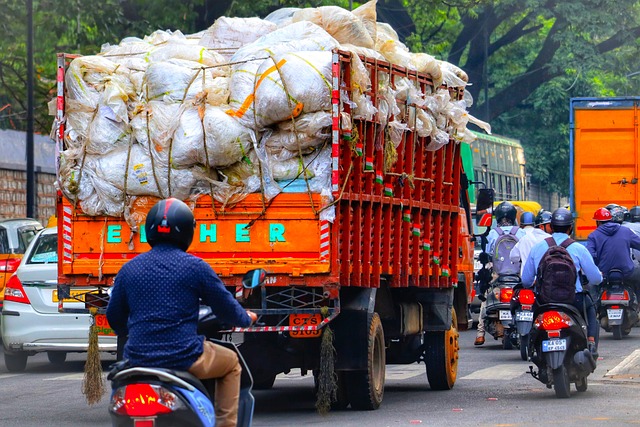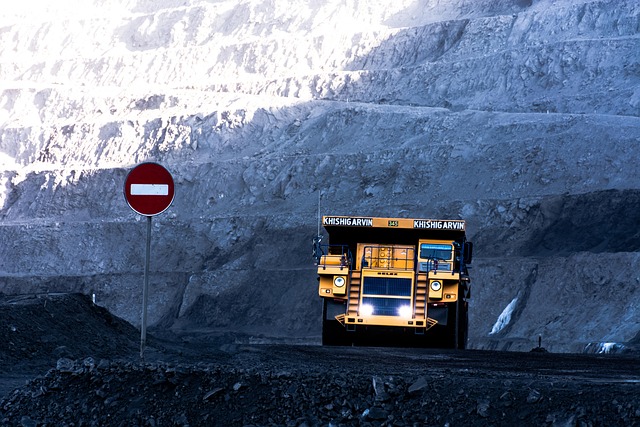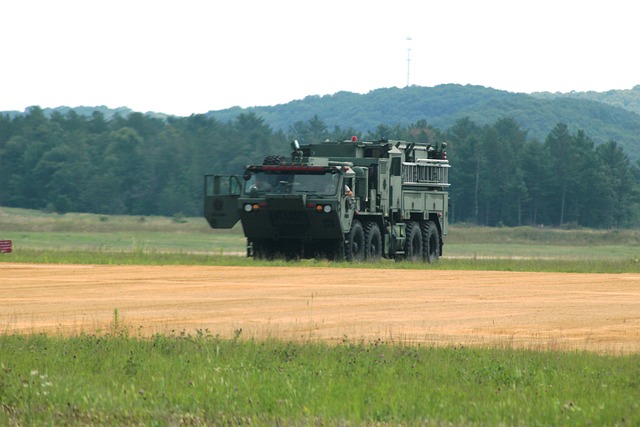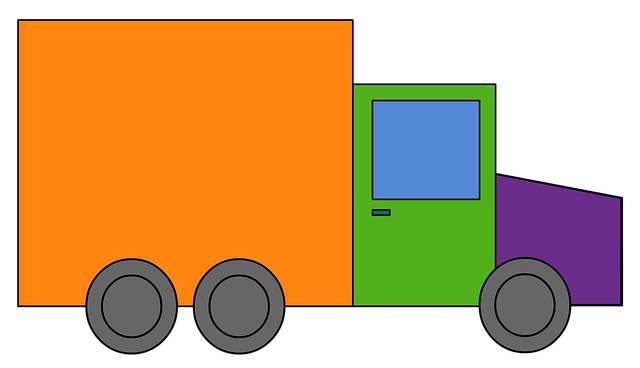Understanding and obtaining SR22 policies is essential for new trucking operators to navigate regulations, protect against liabilities, and ensure their business's financial health. These commercial general liability policies cover scenarios like property damage, personal injury, and death, catering to the unique risks of startup trucking operations. By grasping SR22 requirements, including understanding insurance needs, meeting state-mandated thresholds, and maintaining clean driving records, new truckers can make informed decisions about coverage limits and risk management.
“Starting a trucking business? Navigating SR22 policies is essential for new operators entering this competitive landscape. Understanding these insurance requirements is crucial for compliance and risk management. This guide delves into the core aspects of SR22, including its definition, key coverage elements, and ongoing obligations. Whether you’re a startup or established carrier, ensure you meet minimum liability limits, maintain proper documentation, and stay updated on industry regulations to protect your business and comply with SR22 standards.”
Understanding SR22 Policies: What They Are and Why They Matter

Starting a trucking business involves navigating a complex web of regulations, and understanding SR22 policies is a crucial step for new operators. These policies, officially known as Commercial General Liability (CGL) insurance, are designed to protect both the trucking company and its drivers from potential liabilities arising from accidents or damages caused during operations. In the startup trucking phase, where every decision carries significant financial weight, having a solid grasp of SR22 requirements can prevent costly mistakes and ensure compliance with legal standards.
SR22 policies matter because they provide a safety net against lawsuits and claims that could cripple a new trucking operation. They cover various scenarios, including property damage, personal injury, and even death caused by your vehicles or personnel. By understanding these policies, startup truckers can make informed choices about insurance providers, coverage limits, and risk management strategies, ultimately shaping the financial health and longevity of their businesses.
– Definition of SR22 insurance

For new trucking operators, understanding SR22 insurance is a crucial step in navigating the world of commercial vehicle operations. SR22, or Commercial Auto Insurance, is a specific type of policy designed to meet the unique needs and legal requirements of startup trucking businesses. Unlike personal auto policies, SR22 policies are tailored to cover the significant risks associated with operating large vehicles for commercial purposes.
These policies ensure that new trucking operators comply with state regulations, which often require a higher level of liability coverage compared to standard automobile insurance. In the event of an accident or legal claim, SR22 policies provide comprehensive protection, including bodily injury liability, property damage liability, and coverage for any cargo being transported. For startups, this is essential as it protects their assets, ensures business continuity, and helps maintain a positive safety record from the outset.
– Purpose and significance for new trucking operators

Starting a career in trucking can be an exciting yet challenging endeavor, and one of the key aspects new operators need to grasp is the SR22 insurance requirement. These policies are not just a legal necessity; they serve as a safety net, protecting both the operator and their business from potential risks and liabilities inherent in the industry. SR22 provides comprehensive coverage, including financial protection for accidents, property damage, and medical expenses, ensuring that new trucking businesses can navigate the road ahead with confidence.
For aspiring trucking operators, understanding SR22 policies is crucial as it allows them to make informed decisions about their insurance needs. By evaluating different coverage options and comparing rates, they can tailor their insurance plans to fit their specific operational requirements. This proactive approach not only ensures compliance but also enables new businesses to mitigate financial risks, fostering a more secure and sustainable trucking operation from day one.
Key Requirements for Obtaining SR22 Coverage

To obtain SR22 coverage for your startup trucking business, there are several key requirements to keep in mind. Firstly, a thorough understanding of your insurance needs is imperative. The SR22 policy is designed to demonstrate financial responsibility and cover potential liabilities associated with commercial truck operations. This includes not only damage to property but also injuries or fatalities involving passengers or other drivers on the road.
Secondly, you’ll need to meet specific financial thresholds set by the state in which your trucking operation is based. These requirements vary from place to place, so it’s crucial to consult local regulations. Generally, you must maintain a certain level of cash and securities to ensure that claims can be paid promptly. Additionally, a clean driving record for both the operator and any additional drivers is essential. Any violations or accidents could impact your ability to secure SR22 coverage.
For aspiring trucking operators, understanding SR22 requirements is a crucial step in navigating the startup process. These specific insurance policies are designed to safeguard both businesses and their assets, ensuring compliance with regulatory standards. By familiarizing themselves with the key requirements outlined in this article, new operators can efficiently secure SR22 coverage, enabling them to hit the roads with confidence and peace of mind. Embracing these policies is not just a legal necessity but also a strategic move to protect their ventures in the competitive trucking industry.
